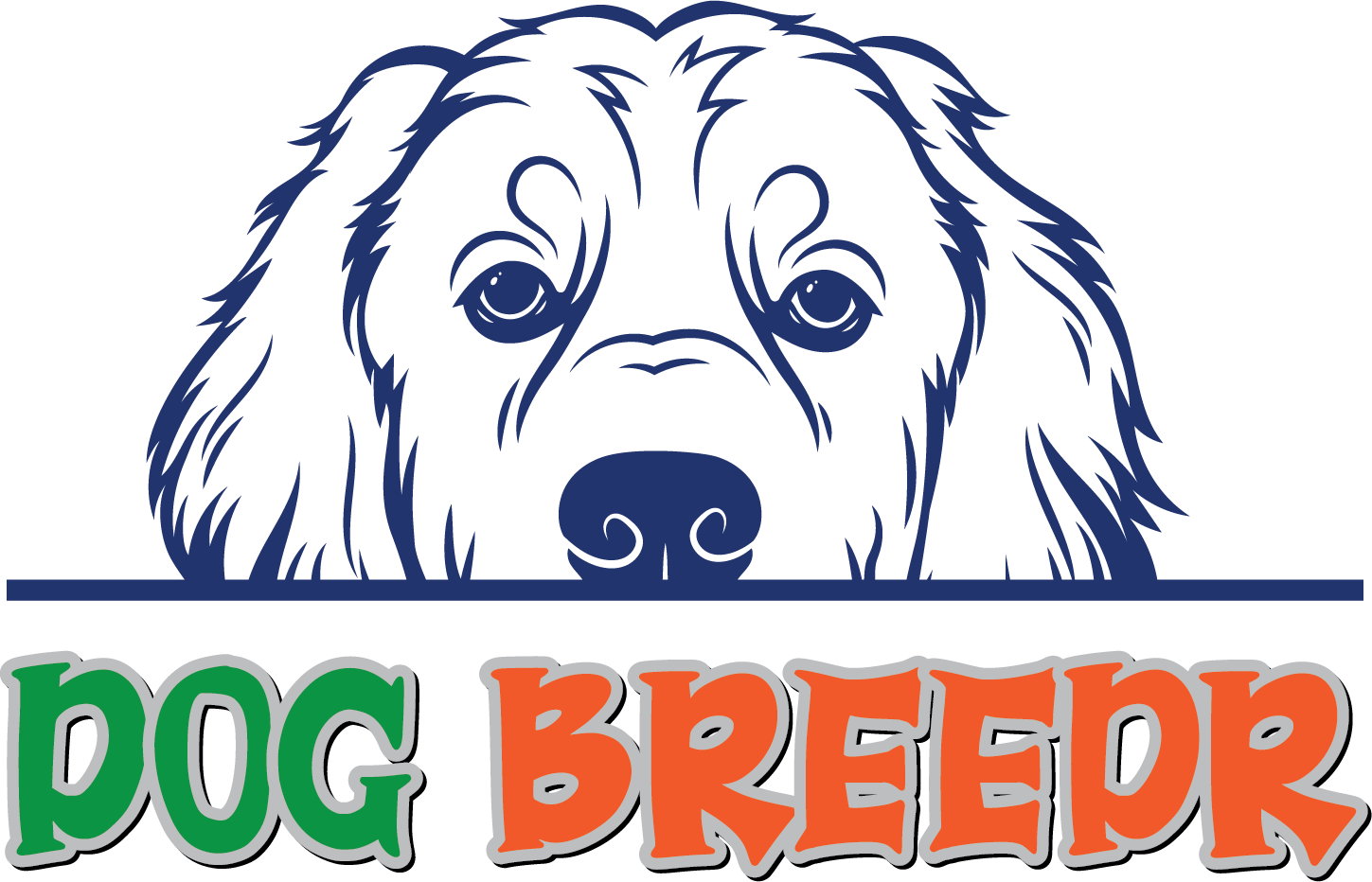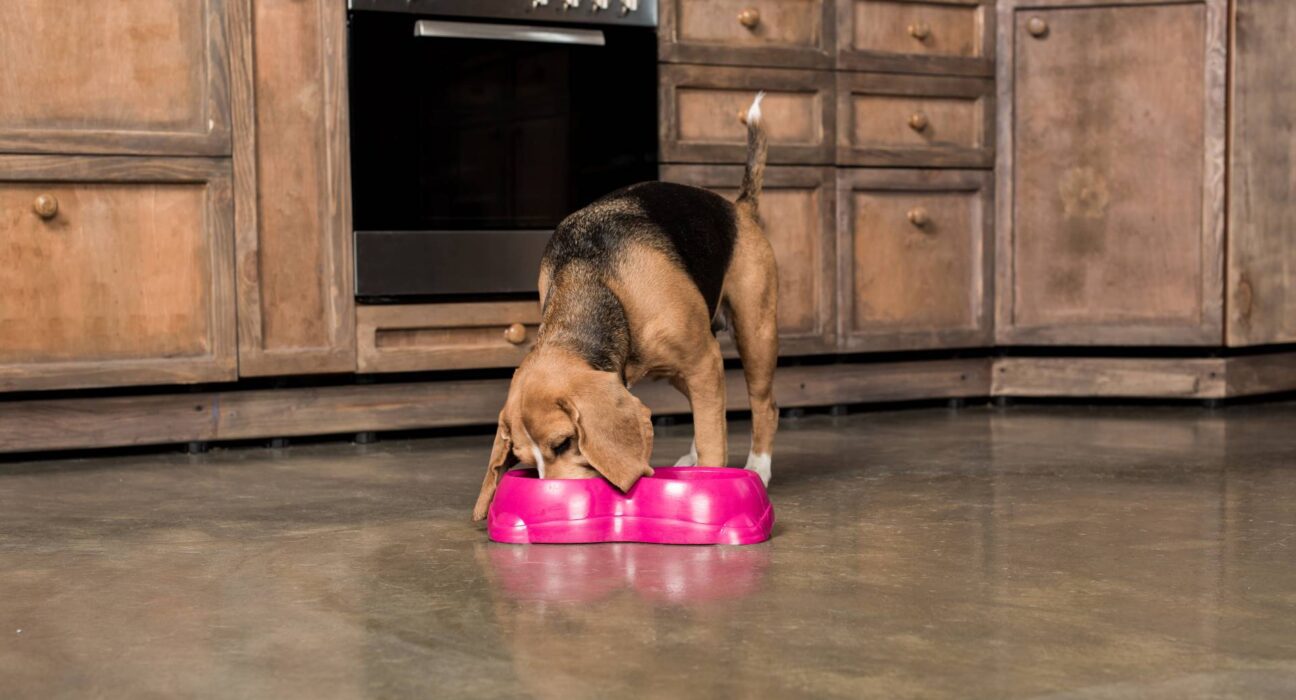It can be difficult to know how much food to feed your dog. While the amount of food required will vary depending on size, age, health, and activity level, knowing the basics can help you give your pup the right portion sizes for their needs.
How Much Food To Feed My Dog
We’ll discuss some factors that should be taken into consideration when determining how much food to feed your dog, as well as tips on how to ensure they are getting the correct intake.
We’ll also talk about potential signs that suggest you may need to increase or decrease their meals. Read on for more information.
Size
The size of your dog will have the biggest impact on how much food they require each day. Generally speaking, large dogs will need more food than smaller ones, as they have bigger bodies that require more energy.
It’s important to note that the size of your dog isn’t just determined by their weight; other factors such as breed and age can also play a role in determining how much food is appropriate for them.
Age
Puppies, adults, and senior dogs all have different dietary needs. Puppies are growing rapidly and will require more calories to fuel this growth.
Adult dogs should be fed an adequate amount so that neither underfeeding nor overfeeding occurs which could lead to health problems. Senior dogs may not need as much food since their activity level tends to decrease with age.
Health
Your pup’s overall health and any underlying medical conditions can also affect how much food they should be receiving.
Dogs with certain health issues, such as diabetes or kidney problems, may need to receive a special diet that is tailored to their needs. It’s important to consult your vet before making any changes to your pup’s nutrition plan.
Activity Level
Your pup’s activity level should also be taken into consideration when determining the right amount of food for them.
If they’re highly active, then they may require more calories in order to maintain their energy levels throughout the day.
On the other hand, if they’re less active, then you might want to reduce their portion size accordingly.
Tips For Feeding Your Dog
Once you’ve determined how much food your pup needs, it’s important to stick to that amount. Over serving can lead to obesity and other health problems.
It’s also important to provide them with a balanced diet that consists of protein, carbohydrates, and fat in order to ensure they’re getting all the essential nutrients they need.
Lastly, be sure to feed them at the same time each day so that their bodies become accustomed to their eating schedule.
Signs That You May Need To Increase Or Decrease Their Meals
If you notice any changes in your pup’s behavior or health, then it may be an indication that you need to make some adjustments to their meals.
Signs such as weight loss or gain, lethargy, and vomiting can all suggest that their diet needs to be altered.
If you’re unsure, it’s best to consult your veterinarian for further advice on how much food to feed your pup.
Knowing how much food to feed your dog is essential for their overall health and well-being. It’s important to take into account factors such as size, age, health, and activity level when determining the right portion size for them.
Additionally, be sure to provide a balanced diet and stick to a consistent feeding schedule each day. If you ever notice any changes in your pup’s behavior or health, then it may be an indication that you need to adjust their meals accordingly.
With the right nutrition plan in place, you can rest assured that your pup will be getting all the nutrients they need.
Importance Of Feeding Your Dog The Right Amount Of Food
Feeding your dog the right amount of food is an essential part of ensuring their overall health and wellness.
Providing them with the correct quantity and type of food can help to promote healthy digestion, maintain a healthy weight, provide enough energy for activities, and support overall good health.
Incorrect feeding can lead to serious medical conditions such as obesity or malnutrition. Additionally, if you feed your dog too much or give them too many treats, it can lead to digestive problems such as vomiting or diarrhea.
It is important to understand how much food your particular breed needs in order to ensure that they are receiving the proper nutritional balance.
Knowing how much food to feed your dog also helps you determine what types of snacks would be most beneficial.
While treats are essential for providing positive reinforcement and bonding, it’s important to ensure that they don’t become a primary source of nutrition.
It is also important to take into account the age and size of your dog when deciding on how much food to provide.
Puppies require more energy and need smaller meals throughout the day, while adult dogs can usually be fed once or twice daily. Senior dogs may benefit from feeding strategies that help reduce weight gain or avoid underfeeding.
In addition to understanding how much food to feed your dog, it also helps to understand what type of food would best suit their needs.
Different breeds have different dietary requirements, so selecting the right diet for your pet will help ensure that they are receiving all the essential nutrients for optimal health.
It is important to remember that each dog is different and there is no one-size-fits-all answer when it comes to feeding.
If you have any questions or concerns about how much food to feed your pet, always consult a veterinarian for professional advice. By doing this, you can ensure that your furry friend has the best chance of staying healthy and happy.
Conclusion
Knowing how much food to feed your dog is an important part of keeping them healthy and happy. It’s essential to take into account factors such as size, age, health, and activity level when determining the right portion size for them.
Additionally, a balanced diet should be provided alongside a consistent feeding schedule. If you ever notice any changes in your pup’s behavior or health, then it may be an indication that you need to adjust their meals accordingly.
With the right nutrition plan in place, you can rest assured that your pup will be getting all the nutrients they need.

